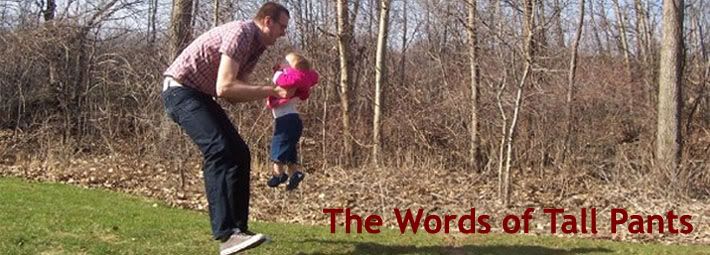Eco-Theology 3
My third point is that many Christians simply do not take seriously the ecological implications of their theology.
This can start to look a lot like the first reason, but the difference is that rather than not seeing the connections between the different aspects of their theology, these people fail to see the impact what they believe theologically has on their lives at all. This is the saddest, and perhaps one of the most common deficiencies in today’s churches. What is learned in church is something that is perceived as “good for us” and “good for our kids” but has little effect on how life is lived. Put simply, these people have theological systems in their minds which are largely disconnected from their hearts. Therefore, an intellectual assent to a very orthodox theology which should lead to a very ecologically friendly lifestyle is given the backseat to convenience or fear.
Let's look at a hypothetical situation in the church. A leader of a trustee committee is gung ho about adding a bunch of new parking and plowing down some forest which contains rare foliage and is the habitat for many local animals. This trustee thinks that in order to spread the gospel, we take a "whatever is necessary" approach. There may very well be other trustees in the room who disagree with his assessment, but refuse to speak up because this guy is a respected member of the church.
Or because their business training tells them that it is good business for the church to have more parking spaces for growth.
Or because they are afraid that they cannot articulate their argument coherently, and do not want to be embarrassed by this respected leader in front of all the other trustees.
But they should.
And I hope they do. The gospel means more than just getting people into the doors of the church. A gospel lived well in the church community might just mean that this congregation sacrifices the parking spots as an act of living out gospel principles.
My three "possible objections" are by no means the only three reasons people don't take eco-theology seriously. I just tried to come up with a few primary ones to get the discussion going.
I'll post one more wrap-up for this series in the next week or so with some suggestions for moving forward and hopefully some helpful contributions to the discussion of eco-theology.
Labels: church, eco-theology, ecology, gospel, missional, theology


